Recommended Reading
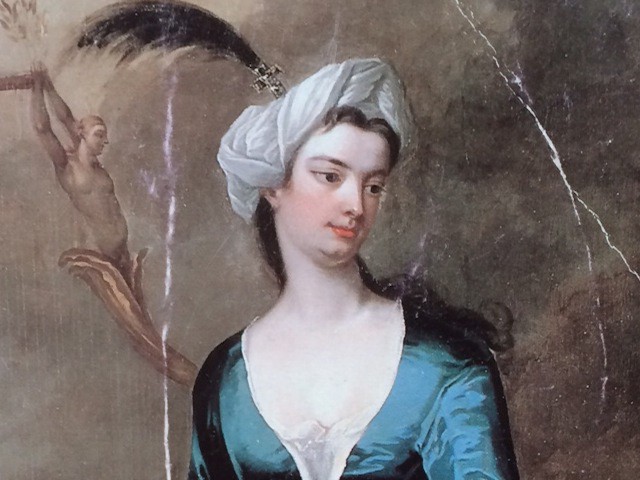
What do I see in Charlotte Lennox? I enjoyed The Female Quixote, but I found the rest of her work unmemorable. She was obscure, and that appeals to me, but the stacks are full of obscure authors (who are actually very popular, relative to the authors no one remembers). She was a woman who did good work, but, same thing. At age 20, when I first read her work, I was messy and probably a bit hostile. I liked to think of myself as “not a joiner.” Lennox flattered my self-image. I’m a grownup now, which is to say I’m less proud of my shitty characteristics, and less likely to seek them out in others. But favorites become old favorites. Lennox feels like a friend I’m still fond of, even if I don’t always enjoy her company.
On Dead Writer Besties, Alexandra Molotkow
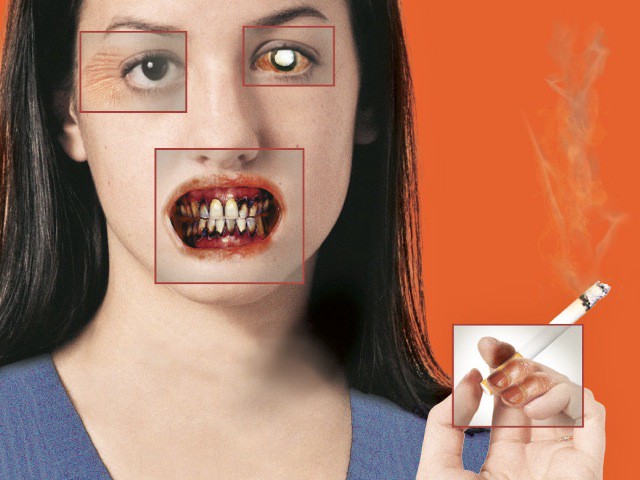
Smoke because pressure and because deadlines and because heartbreak and because it’s not food. Smoke because you’re proud and because you’re satisfied and because you’re drunk. Smoke because you’re young and healthy and smoke because you’re going to die. Smoke because you just got laid. Smoke to delay sex. Smoke for the pleasure of loosening phlegm. Smoke because it’s an out, smoke because it’s an in, smoke because it’s how you start and because it’s how you finish. Smoke because smoking is how you hook yourself through the day. Smoke because you don’t want to go to bed. Smoke because you’re a smoker, and because you love to smoke.
How to Quit Smoking, Alexandra Molotkow
+++

This obsessive self-loathing is, despicably, practically a rite of passage for young girls. Even after the face relaxes past high-definition adolescence, too often the personal narratives of girls freeze-frame on that crucial, crushing, period of primary socialization: hellfire that rages before mastering self-validation.
So much of my identity as an adult woman is premised on spending 16 years of my life actively hating the way I look. And it’s taken me almost as long to write this piece because I knew I’d have to come out as ugly.
I wanted to talk about the way I fit into the world and not allow yet another one of its projections — that I have poor self-esteem, or that I’m whiny or cynical or vain — to be absorbed back into my psyche. This essay was supposed to be about Kim Kardashian-West’s Selfish, but now — apropos of theme — it’s all about me.
All About Me, Anupa Mistry
+++
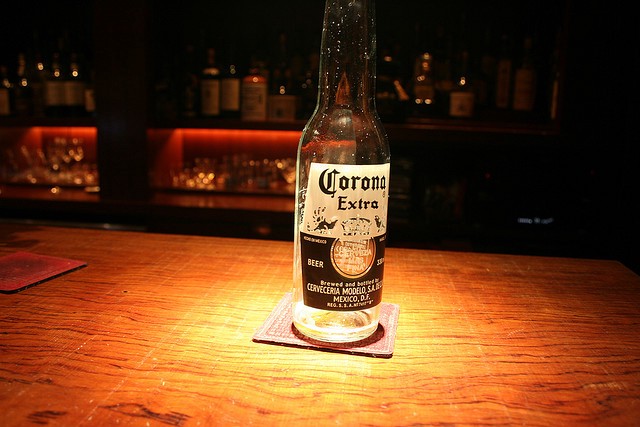
A man walks into a bar. He sips his Corona, despite the fact that his girlfriend keeps the fridge at home stocked with the stuff, even though she doesn’t drink it. She’s just thoughtful like that.
A horse walks into a bar. The bartender says, “Why the long face?” Before the horse has time to respond, though, the man cuts him off to order another beer. Typical man.
A man walks into a bar. The bar is in Karen’s neighbourhood. The girlfriend isn’t insinuating anything, but she does think it interesting that in all the bars in their city, that’s the one he chooses to go to.
A Man Walks Into A Bar, Anna Fitzpatrick
I’m not like most girls. I hate wearing makeup. I’d rather wear the blood of my enemies.
I’m not like most girls. I don’t get wigged out over spiders or cockroaches, because I have learned to master them as a species, and have them do my bidding.
I’m not like most girls. I’m three kids in a trench coat.
Not Like Most Girls, Anna Fitzpatrick
+++
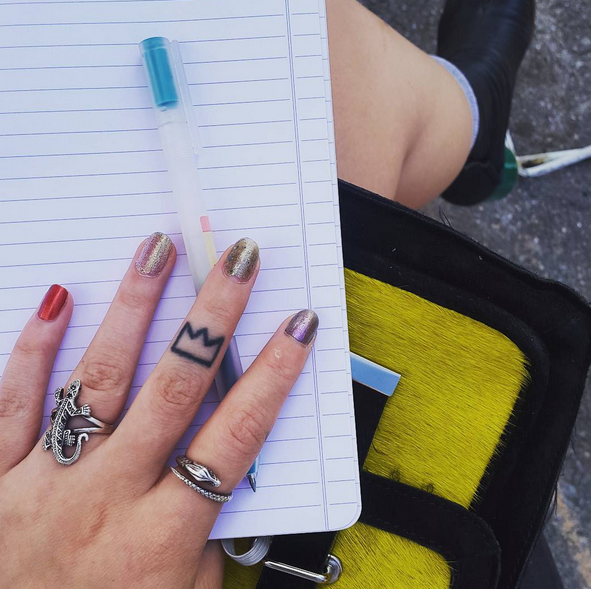
A proposal: a picture is worth a thousand words. Execution: the Chinese took this concept and created some of the oldest art and stories in the world. No character is without a process in strokes, a word in the gesture itself. Even amateur eyes can detect a mistimed line, the order jumbled into something else. It looks wrong because it is wrong; it’s traveling out of time and space, disrupting the pace of the story. I have filled journals sliced red from writing my name out of time and rules, afternoons in summer yellowed on the page with failed attempts at shortcuts. I’d write my name wrong for pages in my practice book in my rush to run for the fading sun. But time is half the gesture, you see. There are no shortcuts.
I Keep On Forgetting My Name, Arabelle Sicardi
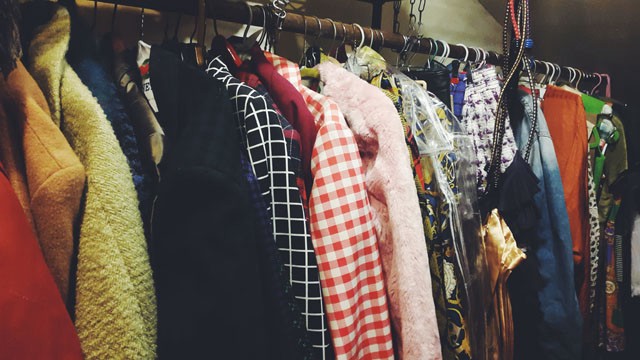
This rack of crinolines, plural, for my freshman obsession with wearing them pinned up, like exploding dresses made of clouds. I would wear two at a time, as an outfit, with patterned stockings, and take pictures of myself reading in libraries. This whimsical girl. Now I wear shirtless suits. Sometimes I use these crinolines as pillows. Sleeping on old dreams? Not interested. Time to wake up.
This pleated accordion ankle-length dress I bought in Taiwan two years ago — I haven’t worn it once. It is green, covered in a grid of greens and grey, with two gigantic pockets. When I bought it at a market in Taiwain, I imagined the way it would look on a tall Asian girl in Chelsea. I imagined it would make me more legitimately Asian, more comfortable and carefree with my body and the space I take up as not quite one or the other. It is shifty the same way my race feels static, but it makes is seem so simple. It is a meticulous dress, something that can look incredibly dated or very new, depending on the execution of the person wearing it. I like that it is stretchy, and pleated, so that the pattern changes and flows with each body it clings to. I saw the dress in blue on this fat woman once during a night monsoon in Taipei, and she looked amazing. The accordion pleating on the patterns looked like sound waves narrating the tempest. She was waiting for the bus in the dark and she looked remarkably beautiful. I bought the dress in green the next day out of wanting. But I have always been the wrong person to ride the waves. Into the trashbag it goes.
Lessons My Closet Taught Me, Arabelle Sicardi
+++
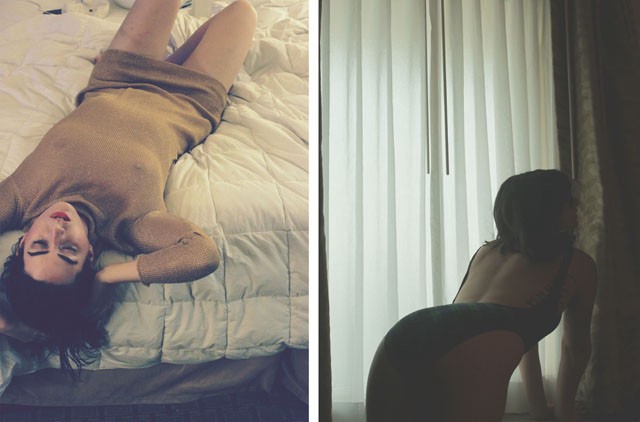
In the past year I’ve been taking ‘titillating’ images of myself, by myself, and posting them across the World Wide Wanton Web. Perhaps for you, my reader, or you, my Instagram follower, these photos are simply a series of sexualized selfies, a case of naked narcissism. A couple of peach bum emojis and a few humorous hashtags would lead you to read them as such.
Somewhere in the past year or two, while growing out my bush, I’ve also grown into this self-serving sexualization. The greatest acceptance and understanding I’ve come to know of my motivations, emotions, and body have come through dissecting and representing my sexual experiences of the past, present, and imagined future. I may lol at the untitled folder on my desktop — -a growing collection of carefully constructed intimate moments, snapped by the lover living in the ten-second self-timer countdown — -but that doesn’t devalue their importance to my creative self and sexual expression.
All My Sexts Live In Texas, Casie Brown
+++
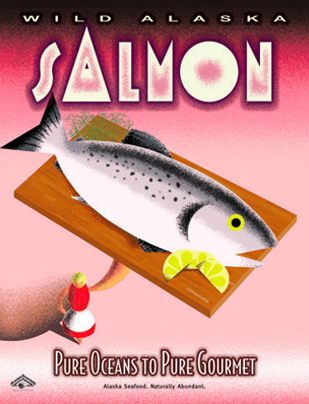
How to Scale and Gut a Whole Salmon.
With a discriminating hand, like the hands we understand surgeons to have. Like the surgeon’s hands but not exactly; the hands you use to prepare a fish must be more precise and less brutal, less creative. The reason for that becomes clearer to you as you begin your first cut. Living things are resilient. After most kinds of destruction, a body with blood still pumping bounces back, remembering its shape. I have known a surgeon or two who has alternately admitted or outright praised the time they made a wrong cut. “No one noticed it!” they go, and this is a half-true exclamation. The praise is due to the body. Living bodies notice; they will clot over the mistake for you, they will bleed out a signal, and the organs may even spread to erase the snafu before it settles into a wound.
A comparison more precise the surgeon’s hands, actually, since amateur butchers like myself necessarily enter the business of precision — the gardener’s hands. My hands take on a personality nearly identical to the gardener’s when cleaning animal flesh. Devotion to paradise motivates one gardener, in particular, to spend hours on her hind limbs, carefully pulling out the corrupted roots without disturbing the surrounding flowers in bloom. That work is a kind of surgery, a cleaning out. For me, I lean on my forearms, and I use a chisel-shaped knife to pick out the bowels of the Oncorhynchus tshawytscha fish, which is no longer in bloom.
Once past the bowels, when you go to clean a freshly caught Wild Alaskan King, you will find the insides are not at all the color salmon but a deep and enduring shade of red. This red is slick with gloss, a red anxious men throughout the ages only seem to observe in overripe fruits and in freshly kissed lips. In fact this shade of red occurs most naturally in freshly killed animals. You’ll see the brightness when you begin to splay the fish. Red has little to do with romance, though the little industry of successfully cleaning a Wild Alaskan King may fill you up with a sense of being a hero.
Through a Wild Alaskan King, Doreen St. Felix
+++
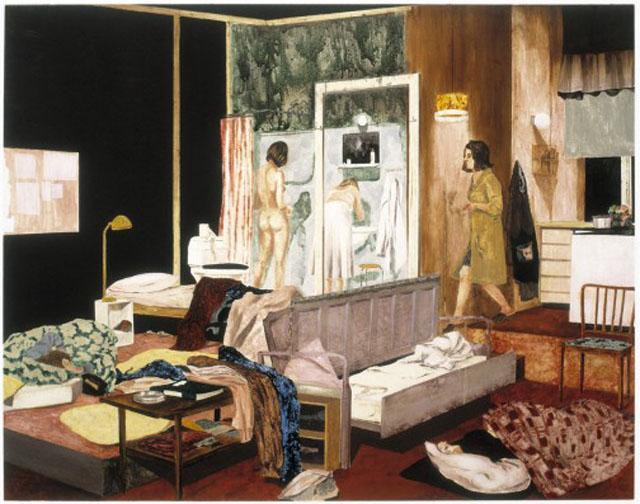
There is, it’s worth noting, a restorative innocence to waking up and discovering that something has changed overnight. Like winter’s first snowfall: that thin dusting that coats car rooftops and summer stuff like park swings and leftover patches of grass. Or, those two books that mysteriously fell off my shelf in the night, fainting to the floor with a cushioned thump! I place them back where they belong, pausing to stare at their bindings — of which I’ve committed to memory — if for no other reason than when you live alone, the droop of plant leaves, a black sock pocking out of my blue dresser, or an avocado that ripened overnight, all this stuff provides a rare, brief harmony: the consolidation of my things, all mine, in a space befit for staring off as I skirmish with a sentence on my screen or wait for water to boil. The only person who might interrupt my thoughts is me. Me, a word contingent on my mood, sometimes posed as a question, sometimes said with the inflection of a child pleading, Gimme! Gimme! Sometimes said as bait so as to needle myself away from cowardice and towards an unrealized Me. And since living alone, more so than ever before, claimed as a sturdy affirmation. Me.
Since Living Alone, Durga Chew-Bose
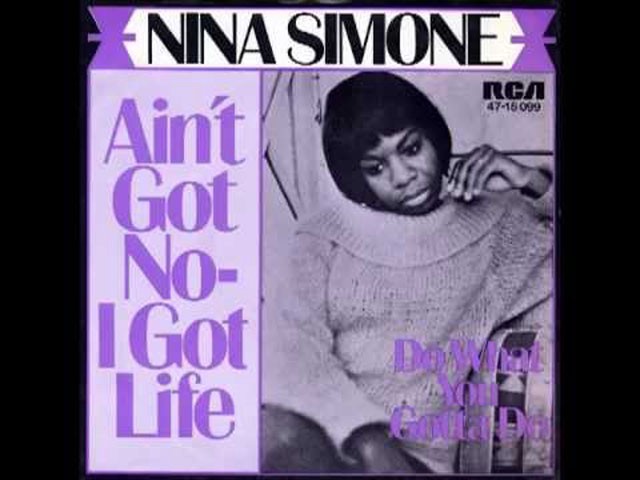
I can never unhear Allen Iverson saying the word “practice.” On May 7th, 2002, after being eliminated by the Celtics in the first round of the Eastern Conference Championship, Allen Iverson, who was the previous year’s league MVP, gave a different kind of history-making performance: a press conference that lasted almost 30 minutes. For some NBA fans like myself, Iverson represents a precise time in the sport where the league — -small, 6 foot AI, played with a conceit that realized miracles on the court, like his rookie year crossover against none other than Michael Jordan. Iverson’s signature crossover was the kind of basketball that could make anyone a fan of the game — the sort of speedy sparring that, even now when you watch clips of him play, unfold as if there’s a spotlight following only him. There was no denying Allen Iverson and so, when his 2002 press conference, following the 76ers’ elimination from the playoffs and reports that he and coach Larry Brown were at odds with each other, aired, there was a sense that Iverson was working his on-court crossover, off court — choosing to spar with one reporter in particular who brought up the topic of Iverson’s absence from one or two practice sessions. “I’m supposed to be the franchise player,” he responded. “And we in here talking about practice? I mean listen, we’re talking about practice. Not a game! Not a game! We’re talking about practice. Not the game that I go out there and die for and play every game like it’s my last, not the game, we’re talking about practice, man. I mean, how silly is that? We’re talking about practice.”
Iverson says the sentence, “We’re talking about practice” no less than thirteen times as if sanding down its implication with each slackened delivery of the word practice, and more so, the credence this one reporter was giving it. Like watching Iverson freestyle with an opponent for a few seconds only to get low, fake right, and then make a quick crossover dribble to his left and lose a defender entirely, Iverson’s press conference dissidence was showy but earned. Lesser people might call it a rant: I for one, can never hear the word practice uttered by anyone without Iverson’s disenchanted tone hurtling to mind, because yes: What were they talking about? Practice?
Some Things I Cannot Unhear, Durga Chew-Bose
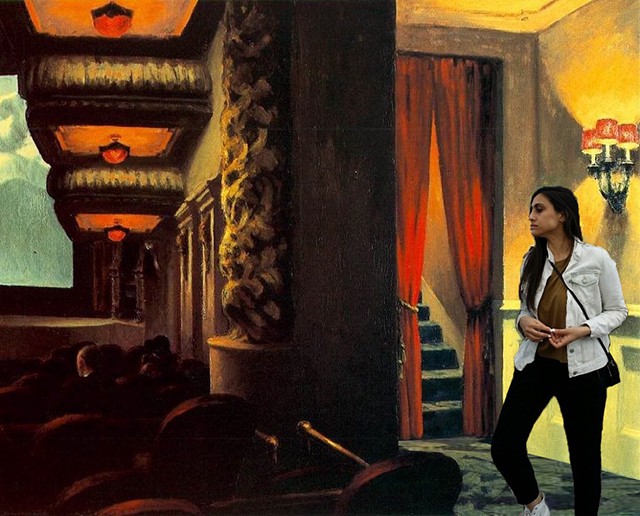
Summer in the city is relentless. The sun is undiscerning and the days feel bloated and condensed. The presumption is — and let’s be clear, summer is the most presumptive season — that being outside is compulsory because the weather tempts that side of us which is entirely coerced by rare commodities. A park with patches of shaded grass. The friend with a car and an afternoon destination. The bar with a backyard. A t-shirt at night. The private outdoor luxury of a balcony.
But seeking refuge from the heat is too, an amenity that typifies New York’s steamy, adhesive temperatures. A cool draft, however desired it might be, sometimes just won’t do. I need more. A freezer to dip my head into. The subzero ATM vestibule of a bank. The subway. A precariously quick-spinning ceiling fan.
In this way, there is no sentiment more fulfilling in the summer, particularly since everything and everyone appears a little maddened by the scorch, than making a deliberate choice. A voluntary action in involuntarily sweaty times affords me a stay from the sun and also provides the wakening warmth of emerging. Spend a few hours in a dark, icy cool theater and quickly, the impact of 80 degrees invites me back into the world in a better mood. The throng of people, everywhere? Not a problem. The blinding glint of pavement? I love it.
Because going to the movies still feels like playing hooky, or what I imagine playing hooky felt like: the unburdened act of avoiding my many orbits of responsibility. Of pretending that adulthood is no match for summer’s precedent, set years ago when we were kids and teenagers governed only by the autonomy of no-school, the distance our bikes could take us, an unlit park or basketball court at night, the weekend my crush returned from camp. Going to the movies is, I’ve often thought, the most public way to experience a secret. Or, the most secretive way to experience the public.
Summer Pictures, Durga Chew-Bose
+++

About a week in, I showed a few of my new friends some emails I’d been getting from an older male writer many of us knew. The messages weren’t explicit or threatening, but something about their tone had made me distinctly uncomfortable. It was hard to put my finger on. I passed my phone around, trying to explain why I’d felt so creeped out, repeating every few minutes that I knew there was nothing tangible, that I was probably just making it up. “Am I crazy?” I asked, over and over again. Everyone kept shaking their heads.
A story like this is a password. Once you say it out loud, doors start to open.
Stories Like Passwords, Emma Healey
+++
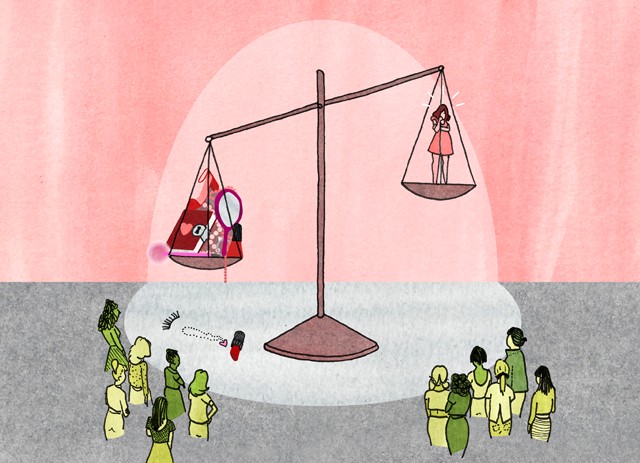
A couple of months ago a very good friend of mine turned to me as if she had a deep secret. She premised the statement with shame. It was one of those non-verbal cues of uncomfortable realization that I inherently understood. Rendering her incapable of mouthing the full words for a few moments, blistering her sentences with falters and a fusillade of, “how do I?” and then, “okay, so — ” and then pausing, again, until finally, she said — “I don’t like it when people compliment you. I feel strange about myself when someone does.”
Let Me Love You, Fariha Roisin
+++
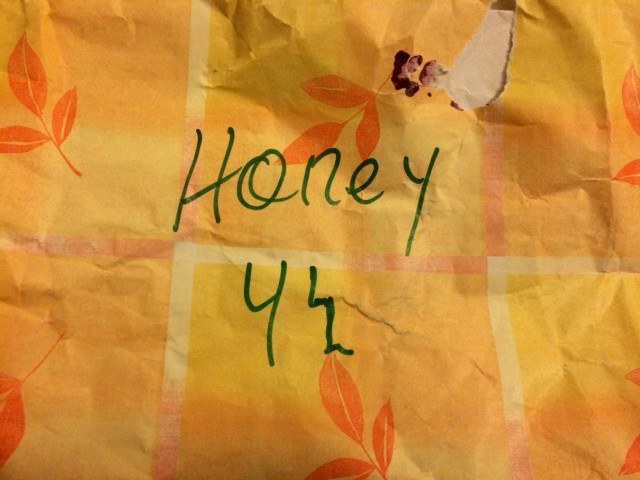
When I filled out a 30-day tourist visa upon arrival in Ethiopia, the country from which my parents emigrated over 30 years ago, the man behind the immigration counter smiled as he called me Hannah. Not miss or ma’am and especially not Hannah, the limp Western approximation of my name that seems to exist more as prefix to Montana (or in earlier years, Banana) than as its own entity. I heard my name on this stranger’s lips and felt like I belonged, though the irony was not lost on me as I watched my foreign status codified by the visa stamp in his hand. It had been almost 10 years since I’d last visited, but he said my name like I’d never left.
My name is as much an impostor in America as I am. At first glance, it might fool you into thinking it is not out of place here. If you do not hold it in your mouth with the reverence it deserves it will shrink quietly into the Western mold you force it to inhabit. It will sneak past some of your defenses, mask both foreignness and blackness, in its attempt to make itself inviting. “Hannah Giorgis” is as ambivalent about its citizenship as the woman who writes it on both US passport application and Ethiopian Airlines passenger information forms, hoping to make sense of it in the margins between the two.
In Amharic, the official language of Ethiopia and the first language I learned, there is only one way to pronounce my name. The Amharic alphabet is entirely phonetic, composed of letters that correspond to unequivocal syllables rather than circumstantial sounds. In Amharic, my name does not skip out of people’s mouths with reckless abandon. Unyielding hah, solid nah. It can be sweet, but first it is strong. It is not a song. To make my name into a lullaby, you must know me.
A Place Where Everybody Knows Your Name, Hannah Giorgis
+++
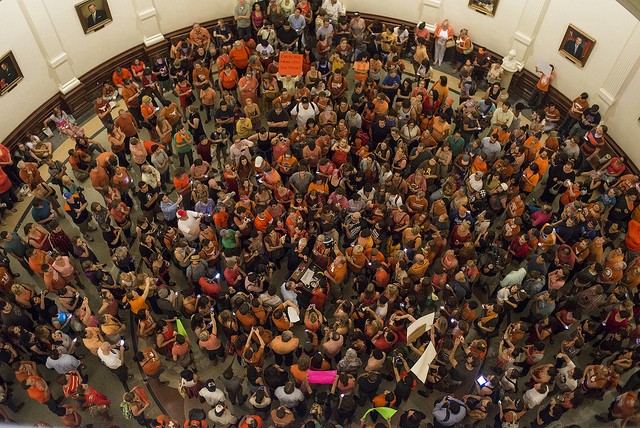
The walk from the rear parking lot at Whole Woman’s Health to the entrance on Main Street is 100 feet down a sidewalk. The clinic is located in southwest McAllen, Texas at the corner of Main and Houston Streets — both of which are busy thoroughfares that run through the old medical area where Whole Woman’s is. People driving by on those streets have been honking their horns at patients and volunteers outside the newly re-reopened clinic all day.
Next to the clinic is an empty lot filled with wooden signs that say things like, “Abortion, The Ultimate Child Abuse.” This is the same lot where protesters recently built a miniature cemetery for unborn babies. A group of picketers follows each patient from the protection of the parking lot to the door. The sidewalk is public property and it’s the anti-choice picketer’s last chance to, maybe, change a mind. Stepping behind the concrete wall that hides the heavily tinted glass door entrance to the clinic’s waiting room feels like sanctuary. No one on Main Street can see in there — it’s safe. For the woman walking to the front door of a clinic that’s been empty for six months, the wait is almost over. She stands at the door until someone in the waiting room lets her inside.
The patients who came to Whole Woman’s Health McAllen this past weekend had been waiting a long time for assistance. On March 6, two Whole Woman’s Health locations — the one in McAllen and another in Beaumont, Texas — closed because they could no longer afford to stay open without being able to provide abortions.
House Bill 2, a Texas bill that went into effect on October 29, 2013, places highly restrictive provisions on abortion procedures, much like existing legislation in Mississippi. When HB2 went into effect last October, Whole Woman’s McAllen was among over 20 Texas clinics that had to either stop providing abortions or close. The bill has been opposed most prominently by Wendy Davis, the Democratic candidate for Texas’ upcoming gubernatorial election. Davis recently released a memoir describing her own abortions.
Texas is suffering. With every added provision, more clinics are forced to close. Before HB2, Texas had 42 abortion clinics. Currently, counting the recently re-opened McAllen clinic, there are 20. Another Fifth Circuit hearing on September 12th could make Texas a state with over 26 million people and only seven abortion providers. This makes receiving an abortion in Texas devastatingly difficult for anyone living outside of Houston, Dallas or Austin. For women living in the Rio Grande Valley, it’s almost impossible.
A Weekend At The Last Abortion Clinic In McAllen, Texas, Hannah Smothers
+++
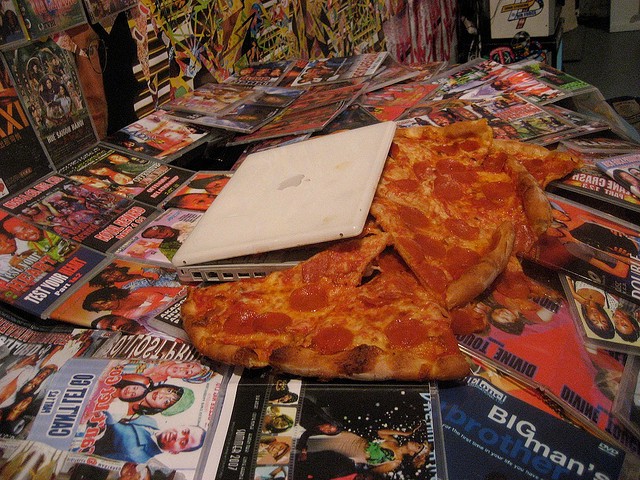
Over the past few years, an aesthetic we like to call “snackwave” has trickled up from Tumblr dashboards. Now a part of mainstream culture, snackwave is everywhere: it’s printed on American Apparel clothes and seen in Katy Perry music videos. It’s the antithesis to kale-ridden health food culture and the rise of Pinterest-worthy twee cupcake recipes. It’s the wording in your Instagram handle, a playful cheeseburger selfie, Jennifer Lawrence announcing on the red carpet that she’s hungry for a pizza. In snackwave world, everyone is Claudia Kishi, and your junk food drawer is also your blog.
What we’ve written here is merely a guide to understanding the rise of this very Internet 3.0-specific aesthetic. Snackwave is no longer a lowbrow joke bonding tweens across Twitter feeds and Tumblr blogs. It’s being co-opted by corporate Twitter accounts and fashion companies, both of whom are seeking to talk just like their ‘net-savvy young consumers.
Both of us are very much a part of this scene — in fact, we’ve got McDonald’s Sweet ‘n Sour sauce IVs hooked up to our veins right now. We know snackwave inside and out. So grab a bag of Funyuns, a sleeve of Oreos, and get ready to ride the snackwave.
Snackwave: A Comprehensive Guide To The Internet’s Saltiest Meme, Hazel Cills and Gabrielle Noone
+++
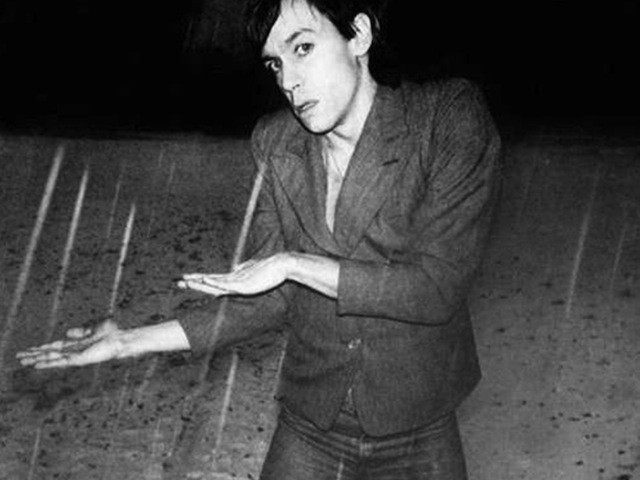
My dad would always say that once I got into university, I would find myself a different kind of boyfriend. He assumed I probably just hadn’t been exposed to regular guys. I lived too close to the train track. But once I got to McGill, I was still attracted to this kind of bon vivant ne’er-do-well.
I knew they weren’t going anywhere in life, but there was nothing in the world I could do to stop falling for them. I would find myself with them in small bedrooms with my lollipop patterned short-shorts down around my ankles. I’d crawl into the back seat of their parents’ Audis, and toss my velvet skirt over the steering wheel.
You’d think the traits one finds attractive in a partner would signify their usefulness as a potential mate. The guys I went out with were bad in school. They had dead-end jobs that you didn’t need a high school diploma for, like working at a car wash. They made it very clear they weren’t making preparations for getting old. They viewed the future as a conspiracy.
On The Evolutionary Function Of Jackass Guys, Heather O’Neill
+++
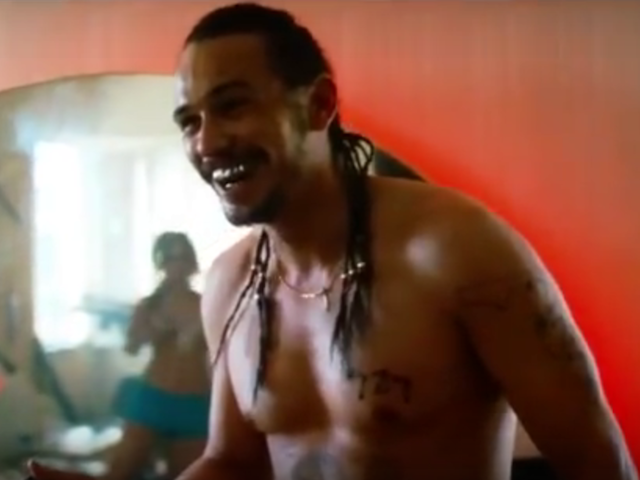
After abandoning the project, I felt pangs of sadness about “giving up.” I still had that voice in my head urging me to get rid of everything I own, but it receded. When the Marie Kondo craze took off, I lived vicariously through descriptions of her twee-as-fuck tidying method, knowing full well it would never apply to me. It didn’t matter that I would never fold my socks like sushi rolls; I enjoyed reading about it as form of lifestyle pornography. Overdramatic and unrealistic, but fun anyways.
While I daydreamed of white walls, sparse furniture and two finger-widths of space between every hanger, my day-to-day reality contained something better: a treasure trove of beautiful things that make me look and feel like the human being I want to be. When I look at my overstuffed closet I feel like an old-timey King surveying the bounty of his lands. It brings me joy to know that each and every beautiful thing I own represents a tiny part of myself, and if there’s any universal human want, it’s to be seen on your own terms. Give me the deluxe 120-pack of crayons, shimmering with possibility, over the no-frills eight-pack any day.
The Best Time I Rejected Minimalism, Isabel Slone
+++
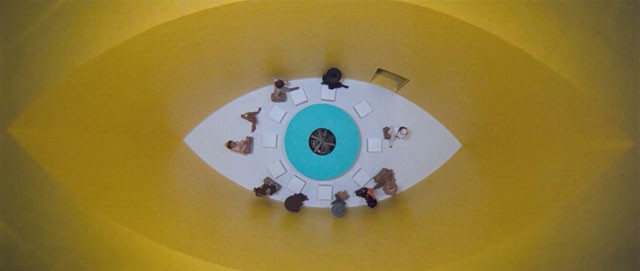
Welcome to the millennial revenge bunker. Here, in this dead-mall-turned-torture-chamber, there is only one master, and it is all of us, equally. Bow before our UGG boots and prepare to sip the calcified piss of a fellow old from one of our myriad trophies. Dodo fuckboys, it’s time to get humble. To spell out the law of the land in the dead language of your time: on a Letterman Top Ten list of this situation, we are all number one, and you are numbers two through ten. The fleek have inherited the earth.
We begin by playing a podcast of your transgressions:
1) Subprime lending, 2) Large scale environmental destruction, 3) Codifying and enshrining an insidious form of systemic racism, 4) Using up all the Quaaludes, 5) Selfie Shaming, 6) Buying us off-brand Sleek Skoots when we explicitly asked for Razor scooters (pause for SquareSpace promo), 7) Factory farming, 8) Saying you are cool with gay people as long as you don’t have to see them, 9) Tori Amos nostalgia, 10) Being raisiny skin-sacks of irrelevance.
We have brought you here to do penance for your sins.
A Millennial Revenge Fantasy, Jamie Lauren Keiles
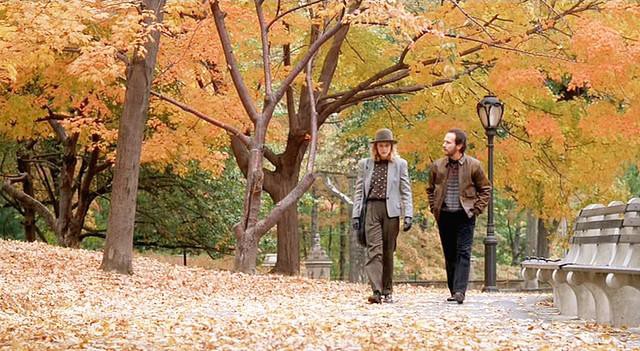
This summer I did not fuck a single person. As the axis of the earth tipped toward the sun, my sex life was reduced to transactional hand brushes with baristas, and so I bought a lot of coffee and waited for the heat to break. In the summer I can’t help but see myself as a human-shaped Ziploc of raw chicken, and try as I might to configure a sensible romper or jort, the only garment that seems to make sense remains a bottle of Soy Vay marinade. From June through August my sex game is benched. By September come, my swag is turned so far off that I begin to wonder if I ever had any at all.
But then it is autumn, and with the color of the leaves my predicament changes. There is a season for everything, and fall is the season for fucking me. While much of the world prepares to go back to school, I spend September preparing to go ass to mouth. I am an inverse pumpkin spice latte, for in autumn, people from all walks of life go crazy to put themselves inside of me. This pattern has held true for as long as I have longed to be held, and while I am certainly not complaining, the question remains — why?
Toward A Theory Of Fall Fuckability, Jamie Lauren Keiles
+++
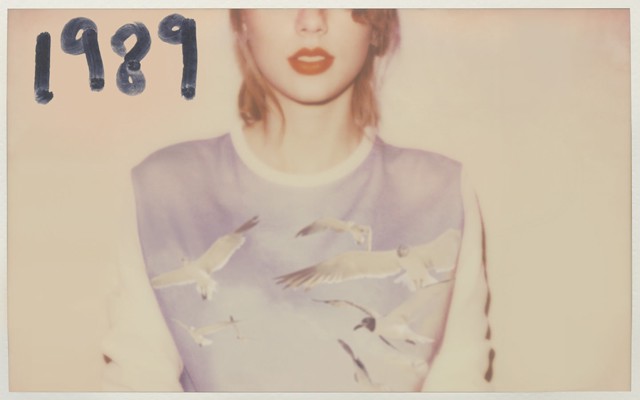
A Reasonable Conversation About Taylor Swift’s New Album, Which Is The Best Album Ever
A Reasonable Conversation About Carly Rae Jepsen’s New Song, Which is the Best Song Ever
Mariah Carey, Pervert And Genius
Pop Music, Jane Hu and Jen Vafidis
+++
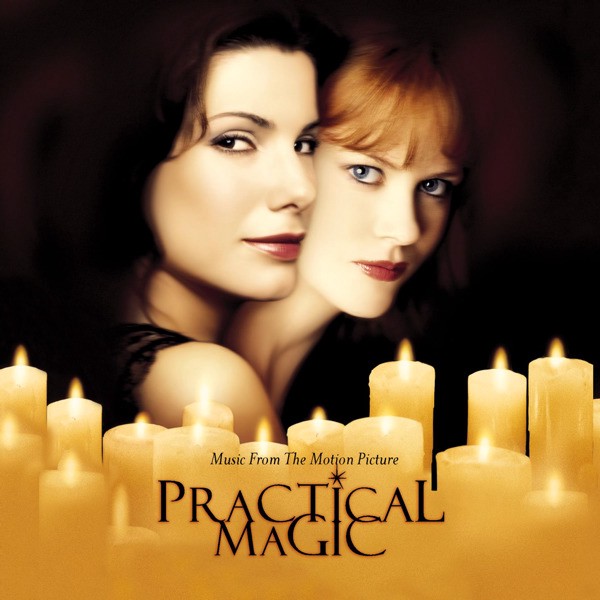
There were other albums at that age that were busy shaping my musical taste, like Jagged Little Pill and Americana and Dude Ranch, but none other expanded it so quickly and so drastically. There was a song for every person I wanted to become, whether it was the sexy mistress or the bubbling goofball or the dark punk or the self-serious poet. In the solitude of my room I imagined I could become them all at once, any voices, external or internal, telling me I couldn’t were unable to break my boombox’s spell. Inside the soundtrack I was an uncontainable force, inhabiting every drop of a personality growing inside me, allowed to be everything at once. My Walkman allowed me to take this feeling with me sometimes, on the bus or as a boost during lunch period, a reminder of what was possible before history class with that teacher who seemed unable to stop glancing at our boobs. If I made it through, I could be rewarded again with the feeling that I was somehow more.
The Witch In All Of Us, Jaya Saxena
+++
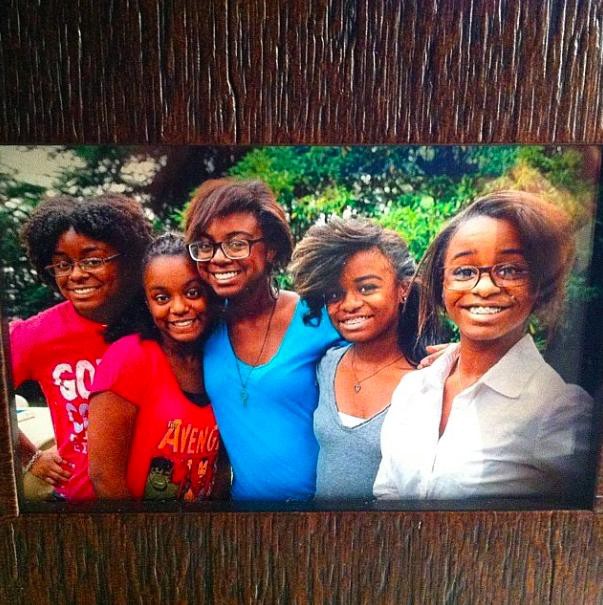
We are five: always, five, the five of us, the group of us, the lot. “You guys,” “the girls,” “the sisters.” Once, when I was young, someone asked me how many sisters I had and I answered, quickly, without giving it a thought, “five,” as if I couldn’t extricate myself from the larger being, the group, that we made up. I was one of them and they were one of me.
Sisters, Ranked, Jazmine Hughes

i carry your dick pic with me (i carry it in
my heart)i am never without it(anywhere
my phone goes it goes,my dear;and whatever is screenshotted
by only me is your doing,my darling)
i fear
no bulge(for you are the only bulge,my sweet)i want
no porn (for sexy you are my porn,my hub)
and it’s you are whatever a sext has always meant
and whatever a secret iPhone app will always hide is you
Classic Poems, Updated For the Internet Age, Jazmine Hughes
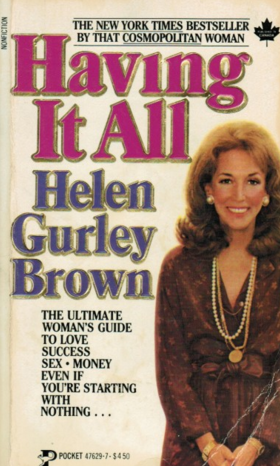
One Big Question: What Do You Want People To Say About You After You’ve Left The Room?
One Big Question: What’s Your Biggest Flaw?
One Big Question: What Makes You Feel Powerful?
One Big Question: If You Could Start Any Rumor About Yourself, What Would It Be?
One Big Question: How Have You Made Yourself Proud This Year?
One Big Question: Do You Have Impostor Syndrome?
One Big Question: Who Has It All?
+++

Be real: how many times do you fart a day?
How much is string cheese on sale for at C-Town right now?
What is your father’s middle name, and how many times did your grandparents invoke it when he was in trouble?
What gives?
How many days in a row have you been wearing that underwear/sweater/underwear and sweater combo?
Better Security Questions, Jaya Saxena and Jazmine Hughes
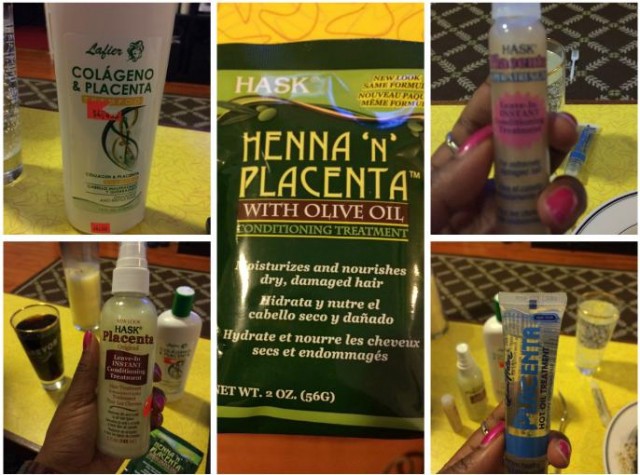
“I just bought all the placenta items they had,” read a text from Jaya yesterday afternoon, and it is easily a contender for text of the year.
What Happens If You Put Placenta In Your Hair?, Jaya Saxena and Jazmine Hughes
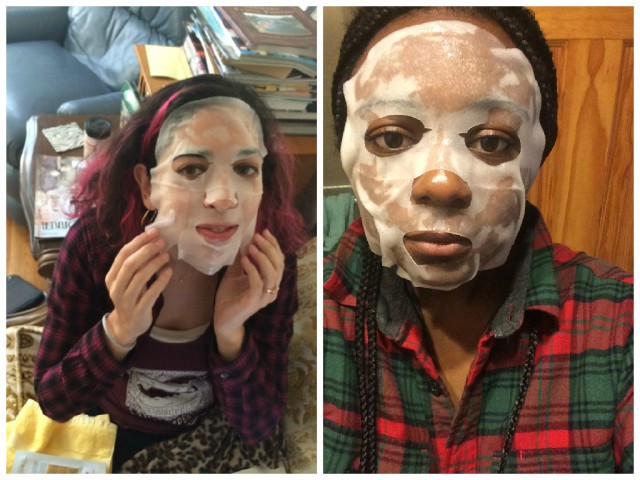
“It’s, like, gooey.”
“Yeah, dude, that’s the placenta.”
After the incredible success of our first foray into the placenta-powered world, Jaya Saxena and Jazmine Hughes decided to go one further. We learned that putting placenta in our hair made it a little bit softer and smell slightly of cornchips (which men LOVE) — what would happen if we put it on our faces?
What Happens If You Put Placenta on Your Face?, Jaya Saxena and Jazmine Hughes
+++
I’m all like ummmmmmmmmmmmm
I’m all like sooooooooooooooooo
I’m all like ugghhhhhhhhhhhh
to think of heaven
to think of the future like that
I can’t even contain all that
I thought was already here
I can’t even remember all that
I had to say to the ones I cannot live without
& anyway I forget
& anyway I forget
& I forget
& I forget
& I forget
& I forget everything
& I have nothing much to say
& I can’t promise anything
& I can’t be full of boundless love
& I can’t go into the shops searching for extra yaaaammy
but I feel full & awake
& what if I am good like this
what if this is it
Is There A Way To Drain A Lake You Are Afraid You Will One Day Drown In?, Jenny Zhang
+++

The warmest points on the insides of your wrists and behind your ears smell like vanilla, like violets, you brush your teeth more often, the space where your thighs meet is a few degrees hotter all the time and the place in your chest where you think your heart might be feels like a bottle of champagne. It seems like the cashiers at the coffee shop can sense it, strangers stare and smile in a curious way, dogs pull at their leashes just to be pet by you. Your clothes fit better, the wings of your eyeliner are more even than usual, the flowers you buy at the market stay alive a day longer than expected and the baker who always runs out of donuts early totally still has donuts. Your tea is the perfect temperature, even the hold music at Planned Parenthood is lovely. Songs you listen to over and over don’t get old, only more beautiful. The train is never more than a few minutes late. You wake easily in the morning excited to go about your day. Sunlight and the breeze are served up bottomless, New York is incredible, the universe is your set designer, the cameras are rolling. Even the fact that your voice is gone, shredded, stops feeling like a death knell for a little while. After all, you haven’t ruined anything yet. You don’t know where the next scene will take you. There’s still hope. Never too much.
Never Too Much, Meredith Graves
+++
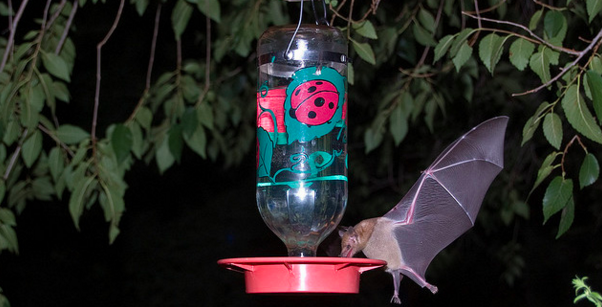
I am emphasizing my roommate’s continued spiral only because it leads to a single individual.
A few weeks into the year, she finally settles on the most basic dude with the most flimsy excuse: “It was his room last year!”
One night, I’m trying to study, but they’re playing music really loud. “Could you PLEASE be quiet!” I yell.
I open the middle door between our rooms wearing only old underwear. Standing before me is a man who safely secures his wallet to his wide-leg JNCOS with a chain. He loves weed, his goatee, and ultimate Frisbee. Has a hamster. Wears fingerless gloves. Playstation. His name is Jake, he is the only white guy living in the African Diaspora program house, and I am going to have to fuck him.
The Best Time I (Maybe) Got Rabies, Lola Pellegrino
+++
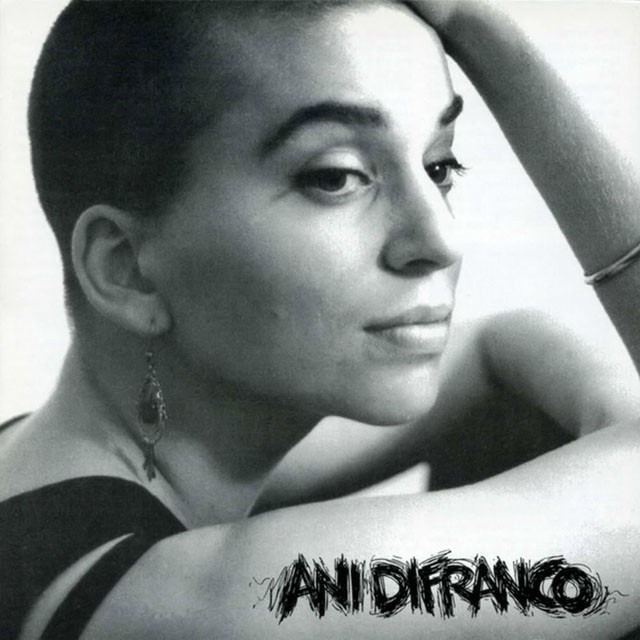
Not a Pretty Girl Hypothesis.
Too earnest, too makeupless, too patent-leather-platform-Doc-Martens. Lola asks, “Maybe because she wore these pants in 2008?” Meredith comments, “The year on that can’t be right.” But it is, Meredith.
Old, Old Song Hypothesis.
Meredith’s initial social media investigation revealed that instead of Ani DiFranco, the Tumblr generation is listening to Lana Del Rey (?!?).
The Million You Never Made Hypothesis.
“Do the kids still hate capitalism? All those cool sneakers might have quelled that fire.”
32 Feelings & Then Some: An Inquiry into the Non-Legacy of Ani DiFranco, Lola Pellegrino and Meredith Heil
+++
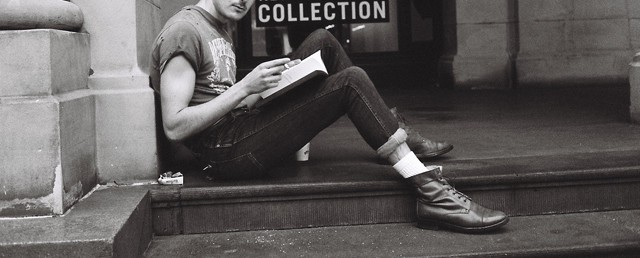
It’s impossible to say what is and is not true. “The truth” as idea is more fictive than fiction. The faceless body in my bed this morning had a name when we’d fallen into bed together, I was sure of it. Now she was nothing, less than nothing and more. I loved her and wanted her to leave. It felt Real in a meaningful way, full of meanings, truth-meanings. She asked me to text her and her nails like talons tapped in a number I would not save. I threw my phone in the river and got five tattoos.
Sometimes I feel so liminal I think I’m going to explode.
A Cool Book Review By A Hip Writer Who Has Definitely Had Sex, Monica Heisey
+++
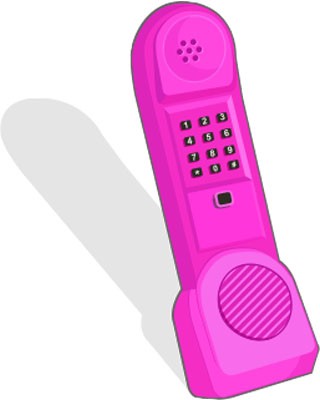
Yet, I am envious towards those who have a cache of uncontaminated memories to fall back on. “Having a mother” cannot be aspired towards, and that is generally what saves me from envy in other areas of my life: being deluded. There is no recourse back to a clean slate, a time and place where I have the relationship that the second photograph in that series of four suggests.
As an adult, Mother’s Day is all about missing your mother, or the looming idea of one; celebrating a once fierce attachment now sepia with age, no matter how fraught it is or was. Maybe you will always be her child, but you’re no longer her baby. You will likely pick up the check at brunch. And the more connected you are to your parent, the more high-stakes the day would feel, I presume. It’s not easy to be a daughter or son; I concede that presence is inarguably more complex than absence. People who I am close with care about their mother’s opinions — they worry about letting them down, or not making the right plan or picking the best present. There is pressure to fulfill within your role. Without a mother, I belong to no one.
Still, I continue to grip the motherless tag because it makes so much sense within the story I’ve built for myself. I validate my failings with a loss that can be offered as receipt. It was — is — a useful organizing principle, and one that could be leveraged if I had a sentimental impulse to confide in a friend, partner, stranger. “I haven’t seen my mom since I was 16,” I begin, from which follows a hushed, contracted version, perhaps a few items of color and flair. It made me feel gratifyingly sick to lay it out for someone else, but I could never tell who I was punishing more — me or them. Over time, it became like reciting a familiar verse — curling into the penumbra of a memory, speaking more by rote than feeling. So I tell it rarely, because nothing transformative comes in the telling, and why else would I tell a story.
A Joke, A Story, Naomi Skwarna
+++
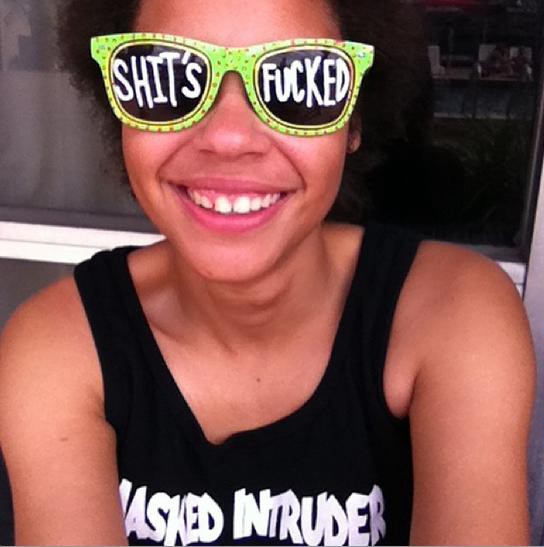
The first year I went to Fest was on a whim, with a ticket bought while drunk. I drove down to the annual punk music festival in Gainesville, Florida, and crashed in a double hotel room with seven white dudes. Fest is a lost weekend of sloppy music and sloppier crowds, a beer-soaked vacation. I didn’t regret it.
On the second night — a particularly long one in which I found myself falling asleep in a dive bar as a loud band played — I wandered to the back bathroom to splash water on my face and wake up. Someone walked in while I was at the sink and suddenly a girl wrapped me up in a drunk, sloppy hug. When we were untangled from each other, she exclaimed, “I’m sorry, I’m just so happy to see another brown person at Fest!”
I had, as always, been aware of the sea of whiteness in the crowds and on the stage, but I hadn’t thought about it much until that moment when I realized that I was so goddamn happy to see her, too.
A Place Like Home: On Being Black and Punk, Pilot Virulet
+++
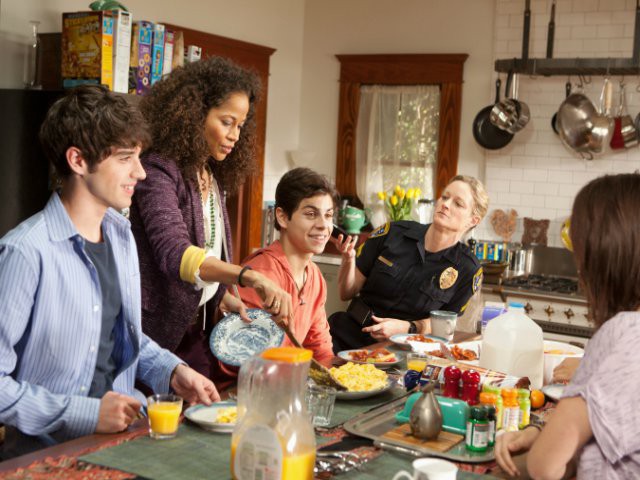
When our son came along, I spent the first year believing that I didn’t deserve a child so precious and beautiful. Never did I doubt my love for him, but I feared that our lack of a blood connection, our racial difference and my queerness would cast doubt in others’ minds that we were a family. More than anything I worried that he could see it that way someday. And he might. Or he might see the particular magic we created in our coming together, how we crafted a family out of found objects, some of them chipped and damaged.
After he’d watched a couple of episodes of The Fosters, my son announced that he loved the show’s theme song. The bright, swoony country pop ballad by Kari Kimmel isn’t his usual thing (his taste currently runs to Wiz Khalifa and Fetty Wap), but it’s infectious. The show’s credits depict lovely, gauzey domestic scenes ending with a shot of Stef and Lena’s entwined hands between them in their bed. Over these images, Kimmel croons: “It’s not where you come from, it’s where you belong/Nothing I would trade, I wouldn’t have it any other way.” It’s sentimental and sappy, and it resonates.
My son likes to crawl into bed between us to watch the show. None of us can carry a tune, but when the credits come on, we sing the theme song anyway, loudly and ridiculously and together.
It’s Not Where You Come From, It’s Where You Belong, Rachel Giese
+++
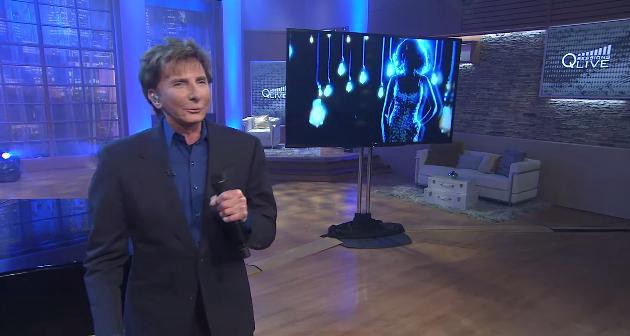
How can I put this? It doesn’t matter whether you’ve seen the film; before Beyoncé and Jay Z, Whitney Houston singing “I Believe in You and Me” to Denzel Washington in 1996 was the definition of black love and black superstardom. Washington played an angel who adored pizza, saving marriages, and smiling at the woman whose 1993 Billboard performance of “I Have Nothing” temporarily extinguished life on earth. When Lionel Richie prods Houston into singing at a jazz club in the film, asserting that she carries the secret to “what lovin’ really sounds like” in her voice, Washington gently responds: “I’d like to know what love really sounds like.”
Penny Marshall knew. She spent 10 seconds zooming in on Washington’s enraptured face as he heard it. I would hear it again in the coming years. The sheer power of her, the beauty; the firing shot of a long goodbye.
How to Sing With Dead People: Barry Manilow’s My Dream Duets, Rahawa Haile
+++

For once, my mother was like other mothers: she was right. Instead of studying anxiously into the night, I lived in wanderance of the half-lit campus, loitering in the computer lab, cold on the long stone steps, my head a cloud of songs for invisible girls. Sunny Day Real Estate, Brand New, The Gloria Record. You’re just like everybody else / There’s no one like you. Jimmy Eat World. Saves The Day. Even Dashboard Confessional, until I found out about Bright Eyes. Now I know a disease that the doctors can’t treat. I missed my high school best friend and both my sisters; the only other girls I really knew, I knew by reading their blogs when blogs were anonymous. In the spring I started dating my second-best friend, a boy named David whose patience under parental exigencies — no visits after dark, no time alone — suggested a sureness of me that I lacked. I wanted to sleep with him badly.
For my second year at Western, I took $5,000 from the joint savings account I held with my parents and rented a basement apartment near school. I did this without telling my dad, who was on a missions trip in Peru, or my boyfriend, who was on a drinking trip in Barcelona. Sensible omissions, both: I was terrified to disappoint my dad, and I didn’t want David to worry about me. And there was something else telling in the lie by silence, in not-telling only the two men. I was trying to be unlike my mother, a favorite of her father’s who frequently referred to mine as “the man of the house.” At the time I thought the man I was rebelling against was God.
The Best Time I Dropped Out Of College (Twice), Sarah Nicole Prickett
+++
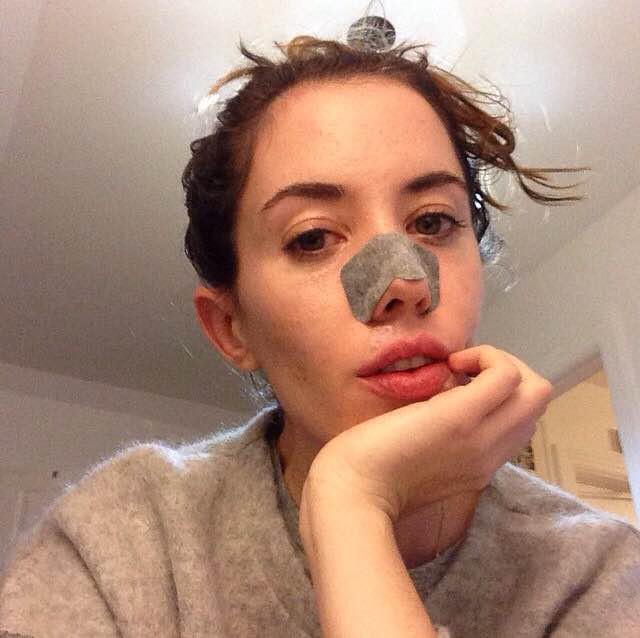
This column has a singular purpose: to talk to women about navigating a world where they are their own savior.
Self-Care & Depression: A Conversation
Self-Care Summer
Learning To Be A Better Human: Self-Care With Anupa Mistry
A Pair Of Eyes And A Brain: Self-Care With Ana Cecilia Alvarez
A Thing Of A Thing That Is Just A Thing: Self-Care With Hannah Black
Saving While You’re Spending: Self-Care with Meredith Graves
Real Life is Boring: Self-Care with Arabelle Sicardi
Self-Care And Survival: An Interview With Janet Mock
Methods of Self-Care: An Interview with Jodie Layne and Kara Haupt
Self-Care, In Theory and Practice
Self-Care, by Fariha Roisin & Sara McCulloch
+++

A) We tell lies to protect those we love from what we really want.
B) We tell lies to protect what we really want from those we love.
C) Whatever you tell yourself, it is wise to tell yourself the opposite.
Notes from a Liar, Tracy Wan
+++
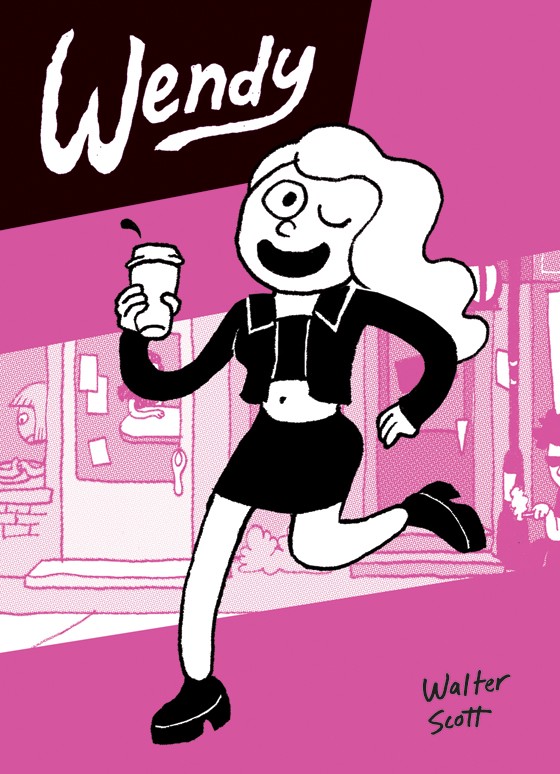
Dear Wendy: Which Gallery Should I Choose?
Dear Wendy: How Can I Make Art When There’s So Much Suffering In The World?
Dear Wendy: Should I Get An American Or A Canadian MFA?
Dear Wendy: How Do You Introduce Your Non-Artist Lover To Your Art Friends?
Dear Wendy: How Do I Separate The Fictional Me From The Real Me?
Dear Wendy: Do You Have Any Tips On Being Productive?